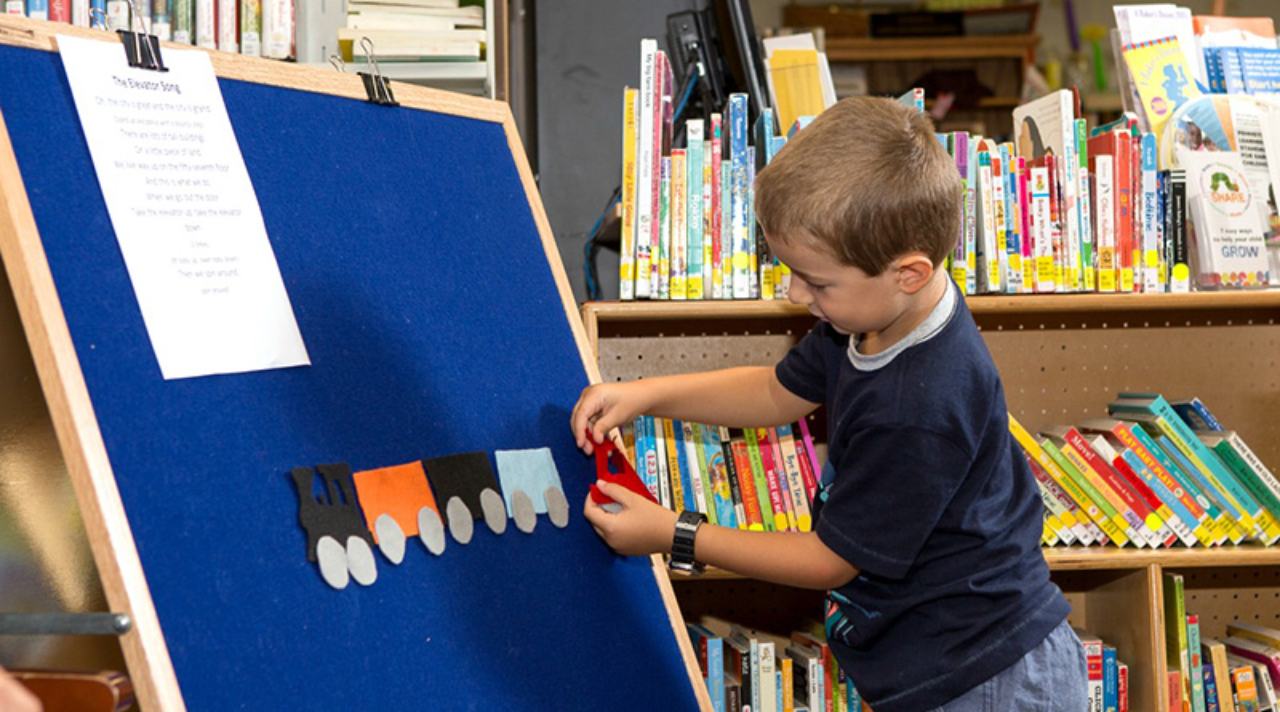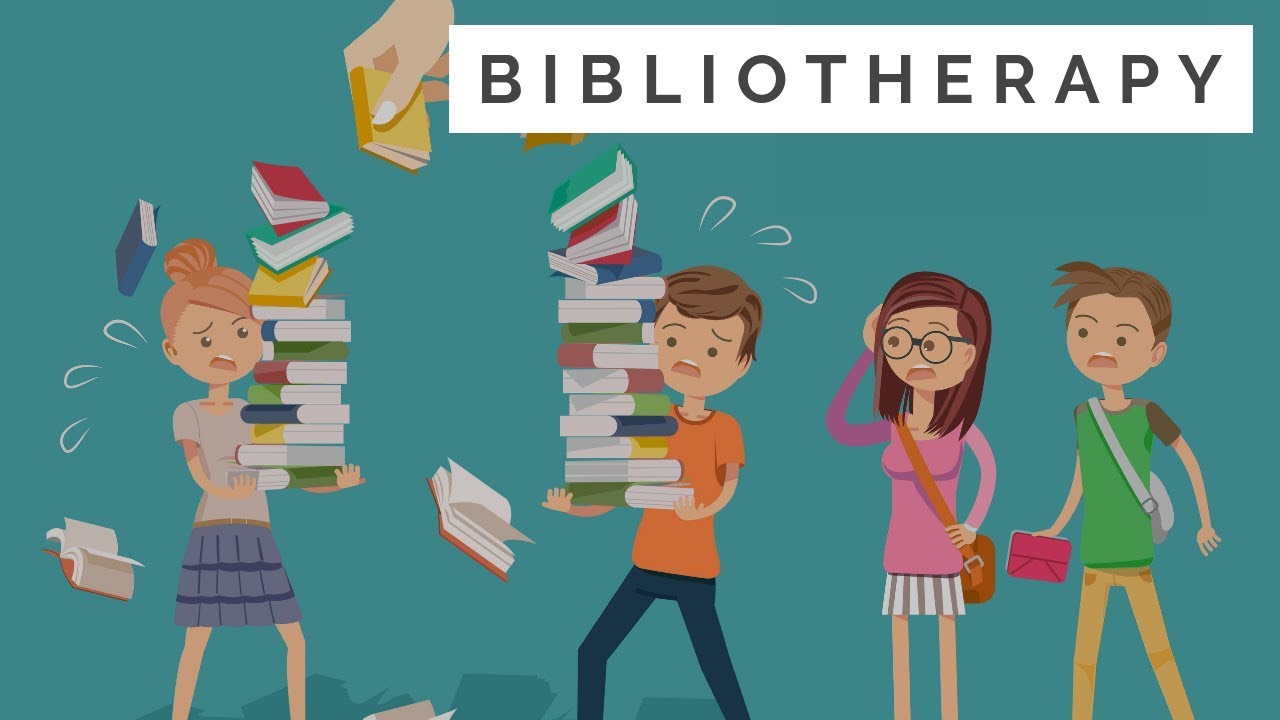In today’s digital age, libraries may sometimes be overlooked as sources of information and entertainment for children. However, these cultural and educational institutions continue to play a vital role in the development and growth of young minds. Libraries offer much more than just books on shelves; they provide a diverse range of resources and activities that can greatly benefit children in numerous ways.
1. The Importance of Libraries for Children’s Education
Enhancing Reading and Literacy Skills
Libraries are known for their vast collection of books, and they offer an excellent environment for children to improve their reading and literacy skills. By exploring different genres and discovering new stories, children can enhance their vocabulary, comprehension, and overall language abilities. Regular visits to the library can instill a love for reading in children, which is a lifelong skill that can benefit them academically and personally.
Encouraging Curiosity and Imagination
Libraries serve as gateways to imagination and creativity. They provide a wealth of stories, both fictional and non-fictional, that transport children to different worlds and cultures. By exposing children to diverse narratives, libraries stimulate their curiosity and broaden their perspectives. Imaginative books and resources available at libraries inspire children to dream, explore, and think beyond the confines of their immediate surroundings.
Providing Access to a Wide Range of Resources
Libraries offer access to a wide variety of resources beyond books. They provide children with opportunities to explore different formats, such as audiobooks, e-books, magazines, and educational videos. Moreover, libraries often subscribe to online databases and research platforms, giving children access to reliable information for school assignments and personal projects. This diverse range of resources helps children develop information literacy skills and learn how to navigate and evaluate various sources.
Promoting Critical Thinking and Problem-Solving
Libraries are treasure troves of knowledge, encouraging children to engage in critical thinking and problem-solving. Through books and interactive activities, children encounter different perspectives and are challenged to analyze and interpret information. Libraries also offer educational games, puzzles, and workshops that stimulate problem-solving skills, helping children become more independent and adaptable thinkers.
2. Libraries as Community Centers
Social Interaction and Collaboration
Libraries serve as community hubs where children can interact with peers and engage in collaborative learning. They provide safe spaces for children to engage in group activities, such as book clubs, storytime sessions, and educational workshops. These interactions foster social skills, empathy, and teamwork, preparing children for future endeavors.
Cultural and Diversity Appreciation
Libraries celebrate diversity by curating collections that represent various cultures, backgrounds, and experiences. By exploring books and resources from different parts of the world, children develop a deeper understanding and appreciation for diversity. Libraries also host cultural events, author visits, and exhibitions, creating opportunities for children to experience and learn about different traditions and perspectives.
Support for School Assignments and Projects
Libraries are valuable assets for children’s academic success. Librarians provide guidance and support for school assignments, helping children find relevant and reliable resources. They teach children research skills, database navigation, and citation methods, equipping them with essential tools for successful academic endeavors. With access to books, computers, and educational materials, libraries offer a conducive environment for focused studying and research.
3. Library Programs and Activities for Children
Storytime and Read-Aloud Sessions
Storytime sessions at libraries captivate young minds by introducing them to the magic of storytelling. These interactive sessions often include engaging visuals, puppets, and music, making reading a fun and immersive experience for children. By attending storytime, children develop listening skills, imagination, and an early love for books.
Book Clubs and Reading Challenges
Libraries organize book clubs and reading challenges to encourage children to explore different genres and authors. These activities promote independent reading, critical thinking, and analytical skills. Children can discuss their favorite books, share their opinions, and learn from their peers’ perspectives. Reading challenges also foster healthy competition and motivation, motivating children to read more books and broaden their literary horizons.
Workshops and Learning Activities
Libraries conduct workshops and hands-on learning activities to provide children with interactive and engaging experiences. These activities can range from science experiments and arts and crafts to coding workshops and educational games. By participating in such activities, children enhance their creativity, problem-solving abilities, and practical knowledge in various subjects.
Summer Reading Programs
Summer reading programs organized by libraries help prevent the “summer slide” by encouraging children to read during the school break. These programs often include incentives, such as prizes or certificates, to motivate children to complete reading goals. By participating in summer reading programs, children not only improve their literacy skills but also develop a lifelong habit of reading for pleasure.
4. Developing a Love for Learning and Knowledge
Exploration of Different Subjects and Topics
Libraries offer children the freedom to explore various subjects and topics that pique their interest. Whether it’s science, history, art, or nature, libraries provide resources that cater to diverse passions. By engaging with different subjects, children develop a broader knowledge base and discover new areas of interest, fostering a love for lifelong learning.
Discovering New Interests and Hobbies
Libraries introduce children to a world of hobbies and recreational activities beyond the academic sphere. They provide access to resources on music, sports, crafts, and more, allowing children to explore and develop new interests. By pursuing their hobbies, children gain a sense of fulfillment, personal growth, and creative expression.
Building Research and Information Literacy Skills
In an era of information overload, libraries play a crucial role in teaching children how to navigate and evaluate information effectively. Librarians guide children in conducting research, evaluating sources, and using technology for information gathering. By developing research and information literacy skills, children become discerning consumers of information, capable of distinguishing between reliable and unreliable sources.
5. Libraries as Safe and Welcoming Spaces
Quiet Study Areas
Libraries offer designated quiet study areas where children can concentrate on their schoolwork or personal projects without distractions. These quiet spaces provide an environment conducive to focused learning, allowing children to excel academically and develop good study habits.
Homework Help and Tutoring Services
Libraries often provide homework help and tutoring services, where children can receive assistance from knowledgeable staff or trained volunteers. Whether they need help with math problems or guidance on writing essays, children can turn to libraries for academic support. These services promote academic success and boost children’s confidence in their abilities.
Internet Access and Digital Resources
While the digital age has transformed the way information is accessed, not all children have equal access to technology and the internet at home. Libraries bridge this digital divide by offering free internet access and digital resources. Children can use library computers to complete online assignments, conduct research, and enhance their technological skills.
6. Conclusion
Libraries have a profound impact on children’s education, personal growth, and overall well-being. Beyond being repositories of books, libraries provide opportunities for children to develop reading and literacy skills, foster curiosity and imagination, and access a diverse range of resources. Libraries serve as community centers, encouraging social interaction, cultural appreciation, and support for academic endeavors. Through programs, workshops, and activities, libraries create an environment that nurtures a love for learning, exploration, and critical thinking. They offer safe and welcoming spaces where children can grow intellectually and socially, with access to digital resources and academic support. Libraries are not only relevant in the digital age but essential for empowering children with the tools and knowledge they need to thrive.





